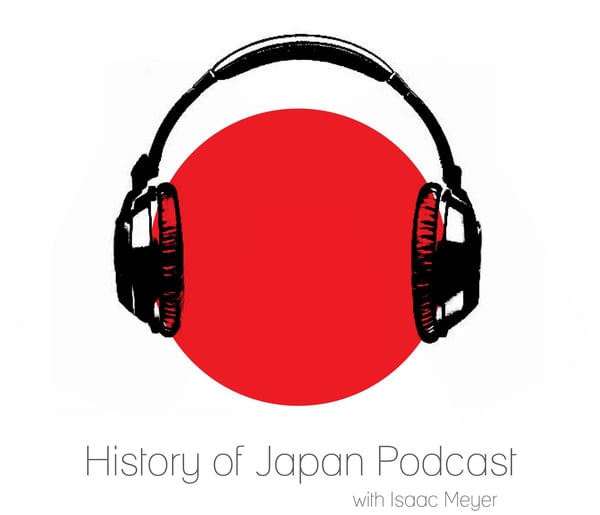Episode 583 - The Men of Chivalry, Part 3
History of Japan
Isaac Meyer
4.8 • 744 Ratings
🗓️ 20 June 2025
⏱️ 42 minutes
🧾️ Download transcript
Summary
This week: we take a look at the genre of the yakuza movie, or ninkyo eiga, which started off as a branch of the samurai film genre before becoming very much its own thing--and, for a decade or so in the 1960s and 1970s, dominating the Japanese box office.
Show notes here.
Transcript
Click on a timestamp to play from that location
| 0:00.0 | Hello and welcome to the History of Japan podcast episode 583, The Men of Chivalry, Part 3. |
| 0:24.5 | We left off last week by observing that, by the 1980s, the Gidekeke as a genre, had more or less |
| 0:31.3 | fallen off the film map. At its height, four out of every ten films produced in Japan belonged to that genre, |
| 0:38.3 | but by the last few decades of the 20th century, |
| 0:41.1 | they were not gone, but becoming more of a rarity. |
| 0:44.9 | Why was that? |
| 0:46.3 | What had started to change by the 80s that the samurai flick no longer had the draw at once did? |
| 0:52.9 | David Dessor's essay on Gidai Gecki after World War II, which we drew on heavily last week, |
| 0:58.7 | notes that part of what was likely happening with that shift was the changing nature of |
| 1:03.2 | post-war Japan itself. |
| 1:05.8 | By his reckoning, and I do think he's on to something here, the period of roughly 1950 to 1970 was a sort of |
| 1:13.3 | great cultural shaking out of the post-war order, as discredited pre-war systems and cultural |
| 1:19.7 | conventions were being discarded in the struggle to either reinvigorate or replace those things |
| 1:25.6 | dominated the social and political arena. |
| 1:30.4 | And because of this, Desser says, Gidigeky can be looked at as representative of a sort of ongoing |
| 1:36.7 | cultural debate, using stories framed in the past, or at least a mythologized version of the |
| 1:42.8 | past, to make sense of the present. |
| 1:45.8 | Gidigiki were, in a sense, a sort of explanation of what a given director or writer found to be |
| 1:51.3 | of value in the old order. |
| 1:53.8 | Maybe that was the ethos of service, if you were a fan of the nostalgic Gidai Gecki, or |
| 1:59.5 | the aesthetic value and democratizing potential of badass |
| 2:03.2 | swordplay if you were a Chan Bara fan, or if you were a fan of the anti-fueledal dramas, maybe |
... |
Please login to see the full transcript.
Disclaimer: The podcast and artwork embedded on this page are from Isaac Meyer, and are the property of its owner and not affiliated with or endorsed by Tapesearch.
Generated transcripts are the property of Isaac Meyer and are distributed freely under the Fair Use doctrine. Transcripts generated by Tapesearch are not guaranteed to be accurate.
Copyright © Tapesearch 2025.

